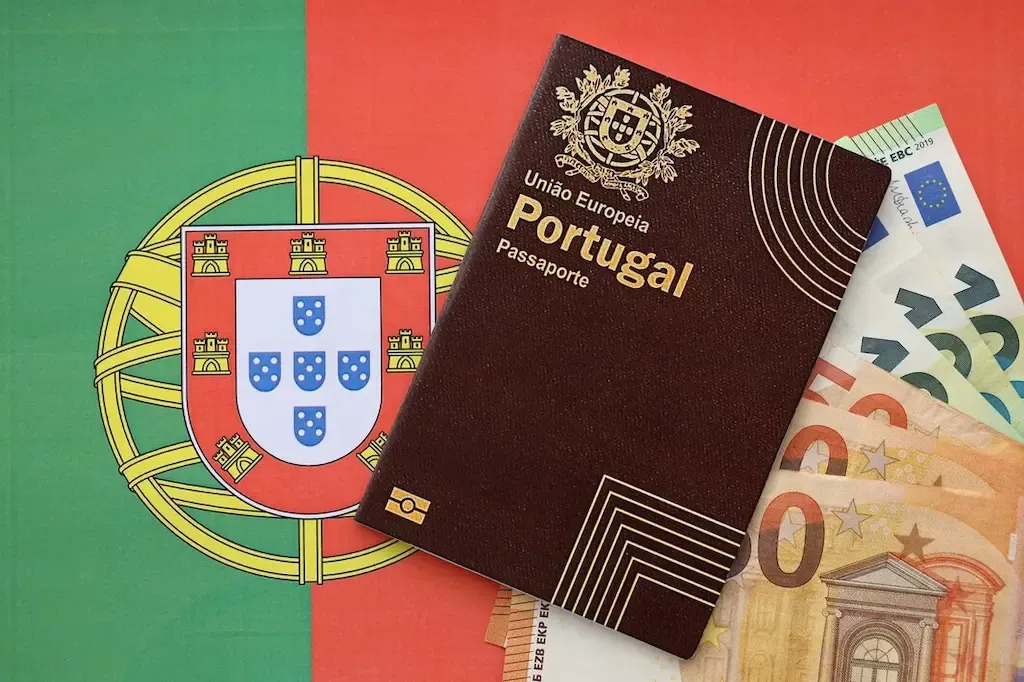D7 visa for residence in Portugal
Published on: April 29, 2022
|
Reading time: 2 min

In 2007, the Portuguese government introduced the D7 Residence Visa, also known as the passive income visa. It is designed for retirees or income earners who wish to live in Portugal, offering a low-cost solution for those with guaranteed monthly income.
Family Members Who Can Join
Eligible dependents include:
- Spouse or common-law partner
- Minor or incapacitated children
- Adult dependent children (single and enrolled in a Portuguese educational institution)
- Dependent parents
Required Documentation
- Completed application form
- Two passport-style photos (white background)
- Copy of valid passport
- Motivation letter
- Proof of Portuguese residence (rental contract ≥12 months or property title; hotel/Airbnb not accepted)
- Proof of regular income (pension statement, bank statements, dividends)
- Portuguese Tax Identification Number (NIF)
- Apostilled criminal record certificate
- Valid health insurance for Portugal
- Receipt of paid government fee
- Marriage certificate (if applicable)
- Birth certificates of children (if applicable)
Application Process
- From abroad:
- Apply for a temporary D7 visa at your local Portuguese consulate (processing 60–90 days).
- Receive a 120-day entry visa.
- Book an appointment with the Immigration and Borders Service (SEF) at sef.pt.
- At SEF:
- Submit the completed form and all documents (translated into Portuguese).
- Wait for your residence permit issuance.
Proof of Financial Means
| Applicant | Minimum Required |
|---|---|
| Main applicant | 100% of Portugal’s minimum wage (SMMLV) |
| Spouse or adult dependent | 50% of SMMLV |
| Each dependent child/adult | 30% of SMMLV per person |
Processing Time and Validity
- Temporary visa processing: ≈ 4 months (SEF appointment wait may be up to 2 months in Lisbon or Porto).
- Initial permit validity: 2 years.
- Renewal: 3 additional years.
- Permanent residency: Eligible after 5 years of legal residence.
Benefits
- Legal residence and right to work in Portugal.
- Access to the National Health Service (SNS).
- Freedom of movement in the Schengen Area and EU.
- Eligibility for the Non-Habitual Resident (NHR) tax regime.
- Inclusion of family dependents.
- Access to Portuguese education and vocational training.
For more information or personalized assistance, contact us.
Recommended articles
Would you like some advice?
Please fill out the following form, and we will get in touch with you.
- Phone:300 388 4986
- WhatsApp:Click to start your WhatsApp chat
